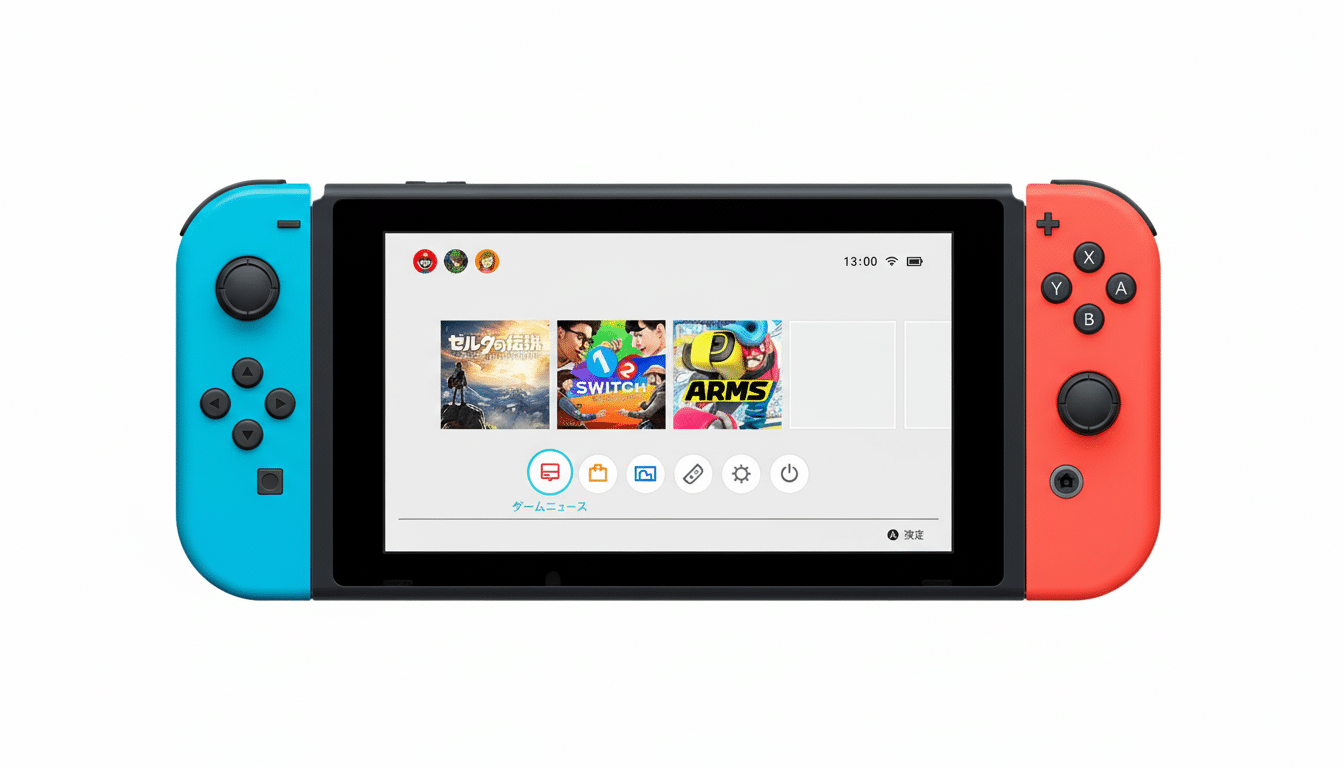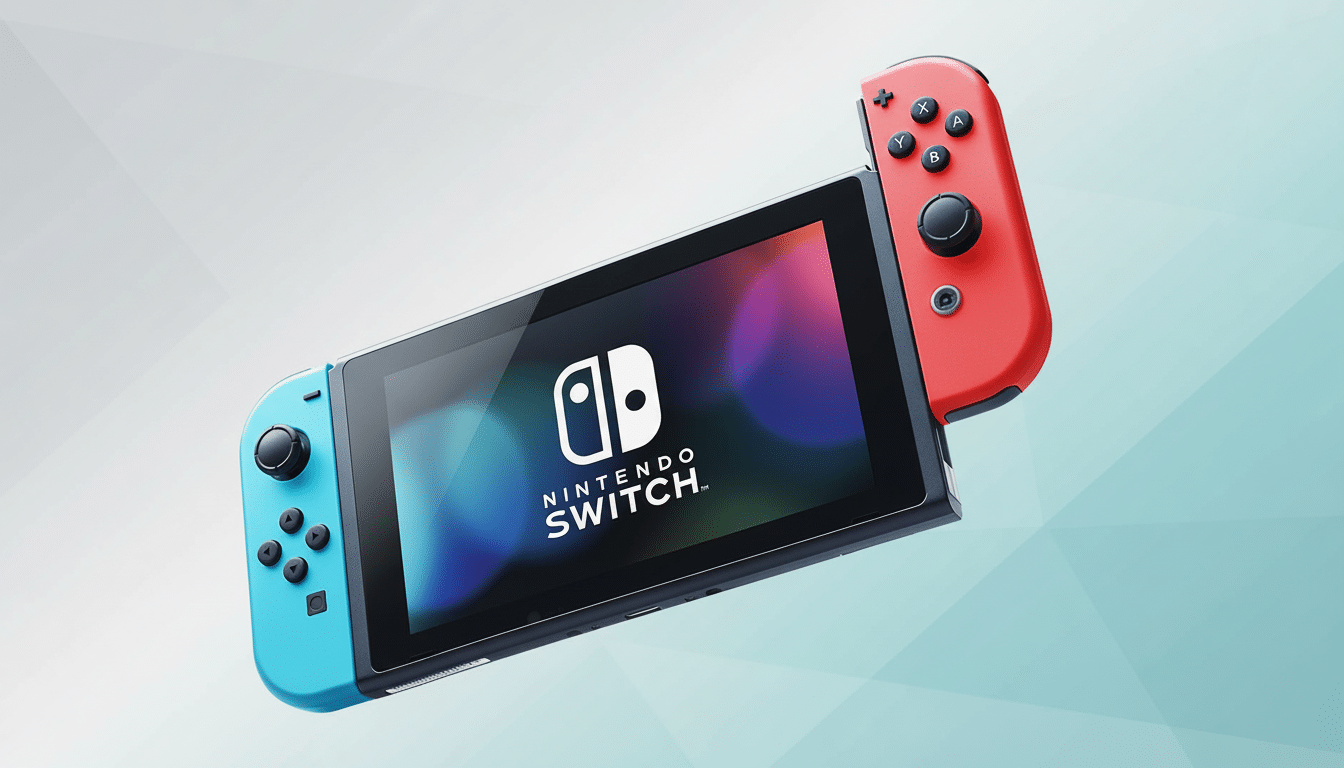Eden, a Nintendo Switch emulator for Android, has just appeared on the Google Play Store — the first time an emulator has been publicly available through the store relating to any kind of gaming console.
The app is designed to run on machines running Android 11 or later with the option to take screenshots and a Data safety disclosure, bringing an erstwhile niche tool in front of a general audience.

A breakthrough in Android emulation
Console emulators are nothing new to Google Play – the likes of PPSSPP and RetroArch have been around for a while now – but Switch emulation has mainly existed outside of official storefronts. The listing for Eden reflects a change in the visibility of a category that has exploded in interest as mobile chipsets narrow the gap with gaming-specific hardware. The Nintendo Switch has sold more than 130 million units worldwide, and its software portfolio is a shining target for hobbyists who want to be able to store and monkey with games they own outright.
It matters for users that a startup is in the Play Store. That would lead to easier discovery, timely updates via normal channels, better policy adherence and less risk of impersonator apps. For developers, it provides crash analytics, staged rollouts and a feedback loop that’s harder to replicate with side-loaded builds.
What is Eden and how did it get here?
Eden is descendant of Yuzu, one of the most popular Switch emulators to date. The developer of Yuzu settled prominently with Nintendo through the courts, resulting in a project takedown and payment of $2.4 million, but licensed their codebase under open source’s permissive terms anyway. Eden was born from that lineage with its own roadmap, contributors and Android-first focus.
[Recent Eden builds](/t/recent-eden-builds/417) have been focused on algorithm stability, more efficient performance, and a simpler deployment. The project features added tooling to facilitate setup and compatibility, which is a common frustration for mobile users whose file management pales in comparison to the desktop experience. Though still in its infancy, Eden has rapidly turned into the Android community’s most-anticipated Switch emulation project.
Performance expectations and device support
Switch emulation is computationally heavy. Nintendo’s hybrid console is built on an Nvidia Tegra X1 architecture, and mimicking that behavior in software requires serious CPU and GPU horsepower — which most desktop PCs possess. On Android, that generally means a top-of-the-line chip set — say, past Snapdragon 8 Gen 2 (or better) — and plenty of cooling headroom and fast storage.
Users should expect everything from a mixed bag – 2D and less demanding 3D games can come close to fullspeed on high-end phones, while more advanced games (especially big open-world titles) may need their own hacks or will stutter / pause for shader compilation / get reduced framerates. Bluetooth controllers, Vulkan drivers and per-game profiles can and do make a meaningful difference. Eden’s required listing of Android 11 allows for modern driver stacks and more optimal scheduling which are both important to remain stable.

Policy, legality and the Nintendo factor
Emulators are legal in most jurisdictions, and decisions regarding reverse engineering (which includes making an emulator) have favored the legality of emulators for years with U.S. case law, including in cases involving Sega and Sony.
The line is crossed when it comes to distributing copyrighted code, encryption keys or pirated game content. “Google allows emulators as long as they don’t include copyrighted software, like games, and Eden’s Play Store page doesn’t ship with games or keys.
Nintendo remains a formidable presence. The company has actively reported against games and projects it finds to be enabling piracy, such as the Yuzu settlement above, or previous moves that prevented a Steam release of the Dolphin emulator. Eden’s Play Store listing gives the service unprecedented exposure, and now with that — greater inspection. If titles are removed by Google because of policy infractions or legal demands, continued cooperation and dialogue will become essential if Eden is to survive on the store.
What this means for players and product developers
A presence in a legitimate marketplace could help de-mystify set-up for newcomers and curb the proliferation of malicious lookalikes. It even brings standardized Data safety disclosures to light, a rarity in emulator projects that fall outside the realm of official stores. For the wider ecosystem, Eden pushes at the boundaries of how platform holders and storefronts need to manage preservation, homebrew and user rights against intellectual property protections.
Like any emulator, legal usage of the software entails users are required to own and dump their own game and system keys. Community forums, accessible documentation and transparent development practices will ultimately be the what distinguishes a project which fosters responsible use from one that leads to heat of another kind.
The bottom line
Eden being the first Nintendo Switch emulator to arrive on Google Play is a big moment for Android gaming. It vindicates years of technical work — yet also hurls the project out into a spotlight that offers opportunity, but also tremendous risk. If Eden is capable of delivering steady performance gains, a hard adherence to law and order while communicating clearly with its userbase, they may be the way we all find out just what sustainable, mainstream Switch emulation on mobile will look like.

